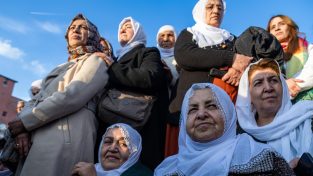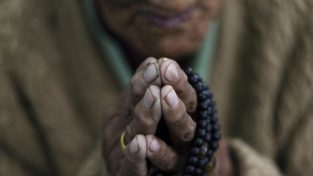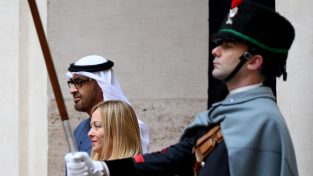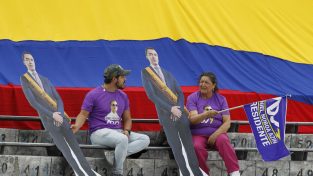Filippine, tra vita quotidiana e relazioni con l’Ue
Una banconota da 500 euro fa bella mostra di sé in un ufficio di cambio a Manila: un simbolo delle relazioni contrastate tra il Paese e l’Unione europea dopo che il presidente Rodrigo Duterte – in una delle foto successive – ha lanciato il guanto di sfida a Bruxelles. Dal vecchio continente era infatti arrivata la richiesta di porre un freno alla “guerra alla droga” lanciata nel Paese, costata migliaia di morti, e di non dar seguito alla volontà di reintrodurre la pena capitale: pena lo stop alle agevolazioni tariffarie e il ritiro dei 250 milioni di euro di aiuti allo sviluppo che l’Ue devolve alle Filippine. Duterte ha risposto con un secco “no grazie” a questi aiuti; e per quanto la delegazione europea a Manila abbia dichiarato di non aver ancora ricevuto conferma scritta, la decisione del presidente appare confermata.
Intanto nel Paese, ricco di contrasti sotto il profilo economico e sociale, la popolazione prosegue la sua vita. Michael Hiyas, 57 anni, vende chitarre sulle strade di Manila; spesso vengono acquistate da turisti, e gli fruttano l’equivalente di 8 dollari al giorno. Altri giocano a scacchi, passatempo molto popolare, nelle vie della capitale; mentre Vilma Magpayo si dedica al mestiere di lustrascarpe per 40 centesimi al paio, riuscendo a mettere in tasca circa 6 dollari al giorno.


















